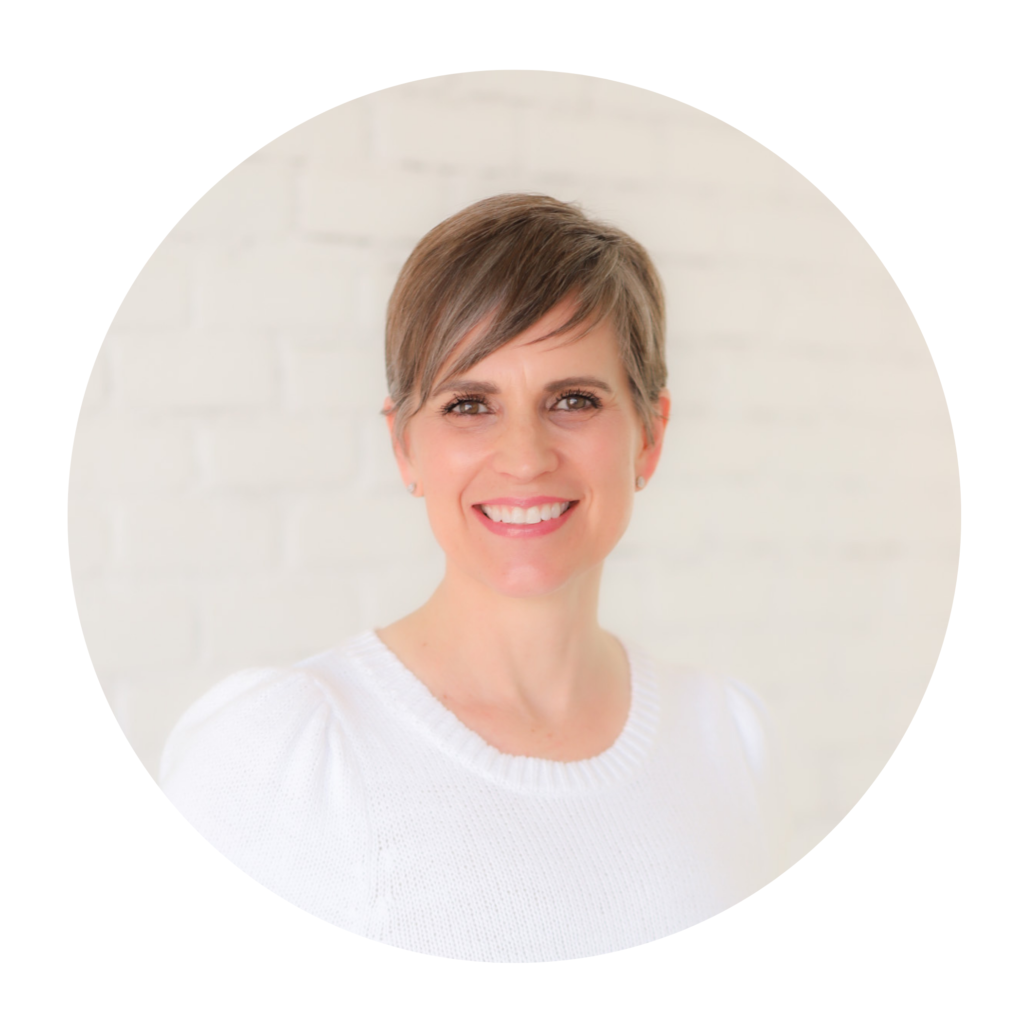I am now in my 8th week of social distancing, staying at home, working from home, learning from home, and doing everything from home. Maybe you are, too?
Like many of you, there are a few organization projects that I meant to get to since we moved 18 months ago. One of the things I love about moving is that it is a forced organization project. No one wants to move items they don’t need and don’t want. Having a hard deadline, like moves that many of you are preparing for, is great motivation. Congratulations on matching or your first job, by the way!
For the rest of us that aren’t moving soon, the desire to organize our homes may be one of those things that we know would benefit us, but the thought of the mess or time it will take has us putting it off until the next pandemic. Please don’t let there be another one soon.
But, here is what I know from experience and you probably do too: you have to do the messy work before you can enjoy the benefits of being organized. And the benefits are amazing.
Let’s take the closet in my game room, for example—my least favorite closet and one that needs organizing again. Right now, it doesn’t look too bad. That is until you open the closet door. And then you can see that my children’s idea of cleaning is shoving everything in the closet and closing the door. That works, up to a point. And then it doesn’t.
Have you reached that point yet? I know I have. Right now, the door will not latch and stay closed.
When it gets like this, we have to work together to put it back in order. The times I have left them to do it on their own, they become overwhelmed by the mess. Instead, I get to coach my children through the process. I have done it often enough that it doesn’t overwhelm me. In a matter of minutes, a room that looks mostly clean will look like a tornado has come through. All the games, books, costumes, pieces of this and that are all laid out, and the closet is empty.
At this point, you might say, “this was a terrible idea; I should have just left everything alone!” It is messy work, but it is worth doing. Can you just imagine opening the closet door and seeing everything put away in its place? What would it be like to find all the Monopoly money in the box when you are ready to play? Hold on to that vision.
Organizing your mind is a lot like organizing a closet.
Now, imagine your mind is the overflowing closet in the game room. Each little crayon, scrap of paper, Uno card, book, game piece, etc. is an individual thought. Experts estimate that we each have upwards of 60,000 each day, and most of them are running unaware to you because they are efficient and repetitive. In other words, we have thought them so often, and we don’t even realize we are “thinking” them.
I am always surprised at what I find in this game room closet. I know what is supposed to be in there, but invariably items from other parts of the house find their way here. And don’t get me started on the garbage.
Our minds are no different. Without regularly looking at what we are thinking and what we keep replaying in our minds, we don’t know what is inside or if it belongs.
Your mind needs organizing at least as often as your house. Maybe more often.
How is it done?
Organizing the mind follows a similar process to organizing a closet.
To start, we have to remove all of the items. We do this by not just merely thinking, but by explicitly thinking about our thinking. It is different.
What are you thinking about now?
Notice that you likely had to pause and change your perspective from “thinking” to stepping outside just a little to “think about your thinking.” It is a subtle difference that makes all the difference.
Eckhart Tolle calls this becoming the watcher of your mind. And that change of perspective is essential for the next step.
Don’t just think. Write.
Thought downloads, brain dumps, journaling, morning pages, whatever you choose to call them, writing is a useful tool for clearing your mind. Whenever you are feeling overwhelmed or need clarity, you can start writing your thoughts as you observe them. I have several notebooks full of this practice.
In the beginning, this will feel awkward. Remember, this is a new skill you are learning. Be patient, and keep at it. What we practice progresses.
After you have everything on paper, the sorting process begins. I recently wrote about the difference between facts and our interpretations of the facts. Writing everything down helps you to see more clearly what is factual, and what your thoughts about the life’s circumstances are.
I like to draw a line through the facts. There isn’t any work to do there, right now.
What remains are your thoughts and feeling about the facts, and this is where you have control. Your thoughts are the most efficient use of your focus.
Start asking questions.
Let’s go back to that game room closet. When we pick up each item in our pile, the question is, do we keep it, do we donate it, or do we throw it away. We are going to do a similar process for your mind. For each of your thoughts, you will ask the following three questions:
- Is this thought serving me?
- Do I want to keep thinking it?
- Is it current, outdated or in need of an upgrade?
For example, let’s say one of the events you write about has to do with your children. I have five children and they provide many examples I can use. This happens to be one of our most recent ones.
My son broke the “no eating in the bedroom” rule. I found plates and wrappers under his bed. My thoughts about that were that he is defiant and disrespectful.
Beware: these three questions are not about the son’s behavior. The facts are: food in sons bedroom. The questions apply to thoughts about his actions only.
Does the thought “he is defiant and disrespectful” serve me?
I know this might be a new phrase to some. What does “serve” really mean? In this case, does my thinking that he is defiant and disrespectful serve my desire to be a consistent and loving mother? In this case, the answer is “No.”
Why? Because when I think he is defiant and disrespectful, I get emotionally worked up. I might say things I don’t mean that are not loving. Or, make a run for the pantry for the hidden stash of chocolate. I might even start spinning worst-case scenarios, like what his college experience will be like with roommates and how he will end up in jail if he can’t learn to follow the rules. I might even venture into the land of desolation with thoughts about my ability to mother my children, and that I must not be a good mother if my children violate our family rules.
Do I want to keep thinking he is defiant and disrespectful?
No, I don’t. We know that what we focus on we will find evidence for. When I think my son is defiant and disrespectful, it makes it harder for me to see all the ways that he does keep rules and is respectful.
Is it current or outdated and in need of an upgrade?
Yes, upgrade. I am a fan of the parenting expert, Nicholeen Peck. Her book, A House United: Changing Children’s Hearts and Behaviors by Teaching Self-Government, is marked up and dog-eared. One of her core tenants is that it is challenging to teach when we are not calm. We have to be in control of our emotions before we can parent effectively.
Calm is an emotion, and emotions are a product of our thinking.
Thinking that my son is defiant and disrespectful does not produce feelings of calm. Which brings me to another of Nicholeen’s teachings: to lead, we need a vision that overpowers what our eyes can see.
That vision is a collection of thoughts that inform our emotions and actions. It is thoughts that we intentionally select and commit to believing even when what is right in front of us doesn’t match our vision.
Practice makes progress.
This process of organizing your mind, much like our homes, becomes more comfortable the more often we do it. When we go through our closet and pick up the pieces that don’t belong there and remove them daily, it never gets to the state where the door cannot be closed. And when we practice daily examinations of our thoughts, we think more clearly and process emotions more effectively.
Could a few minutes every day tidying things up in your mind change your life?
Absolutely, yes!
Commit to making this a daily practice for one week and let me know how it goes. If you need help, send me a message.



